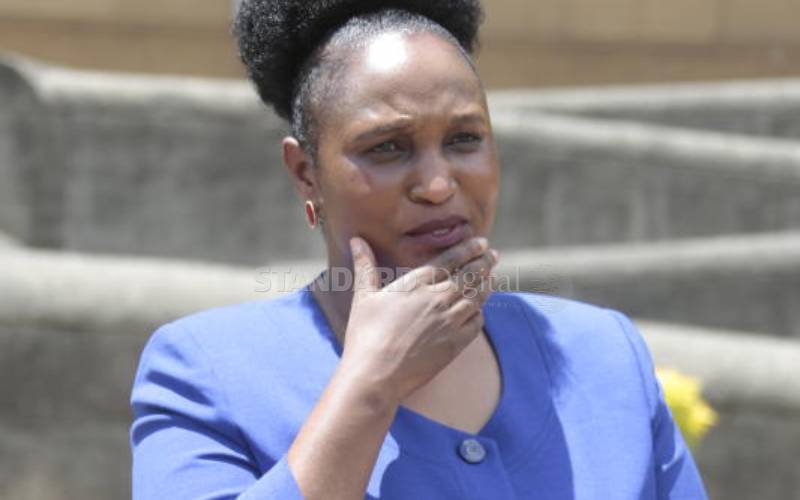×
The Standard e-Paper
Smart Minds Choose Us

Leaders are in mad rush to register new political parties to accommodate aspirants who will be denied nomination tickets or locked out of alliances ahead of the 2022 General Election.
The Standard has established that by yesterday more than 1,000 names of proposed political parties had been reserved at the Registrar of Political Parties (RPP) by individuals.